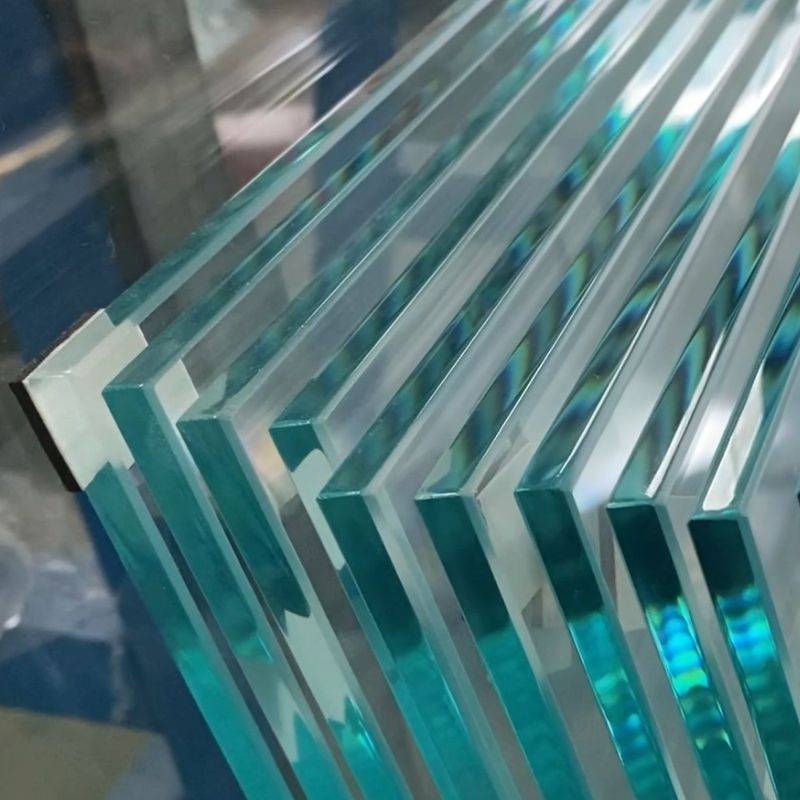

Understanding 4mm Float Glass Characteristics, Applications, and Advantages
Float glass, commonly recognized for its clarity and smooth surface, is a type of glass that has been produced using the float glass process. This technique involves floating molten glass on top of molten tin, resulting in a uniform thickness and pristine finish. Among various thicknesses available, 4mm float glass is widely utilized due to its combination of lightweight properties and sufficient strength for multiple applications.
One of the defining characteristics of 4mm float glass is its exceptional optical clarity. This type of glass allows for maximum light transmission, making it an ideal choice for windows in residential and commercial buildings. The clear view provided by 4mm float glass enhances the aesthetics of a space while also allowing natural light to flood in, reducing the need for artificial lighting during the day.
In terms of applications, 4mm float glass is versatile and adaptable
. It can be used in a variety of settings, from crafting elegant glass doors and windows to being an integral component in furniture design, such as glass tabletops and shelving. Additionally, 4mm float glass can serve as a protective cover for artworks, photographs, and displays, safeguarding them from dust and damage while maintaining visibility.
One of the significant advantages of utilizing 4mm float glass is its lightweight nature, making it easier to handle and install compared to thicker glass options. This feature is particularly beneficial in scenarios where structural weight is a concern, such as in high-rise buildings or fragile structures. Moreover, the 4mm thickness provides sufficient strength to withstand minor impacts, making it suitable for residential use where safety is essential.
Another benefit is its adaptability to various treatments. 4mm float glass can be further processed through tempering or laminating, enhancing its durability and safety features. Tempered glass, for instance, is designed to break into small, less harmful pieces, reducing the risk of injury. Laminated glass, on the other hand, is bonded with a plastic interlayer, which can offer sound insulation and UV protection.
In conclusion, 4mm float glass stands out for its optical clarity, versatility, and lightweight advantages. Its broad range of applications across different sectors makes it a favored choice for architects, designers, and homeowners alike. Whether used in windows, furniture, or protective applications, 4mm float glass continues to be an essential material, contributing to both functionality and aesthetics in modern design.